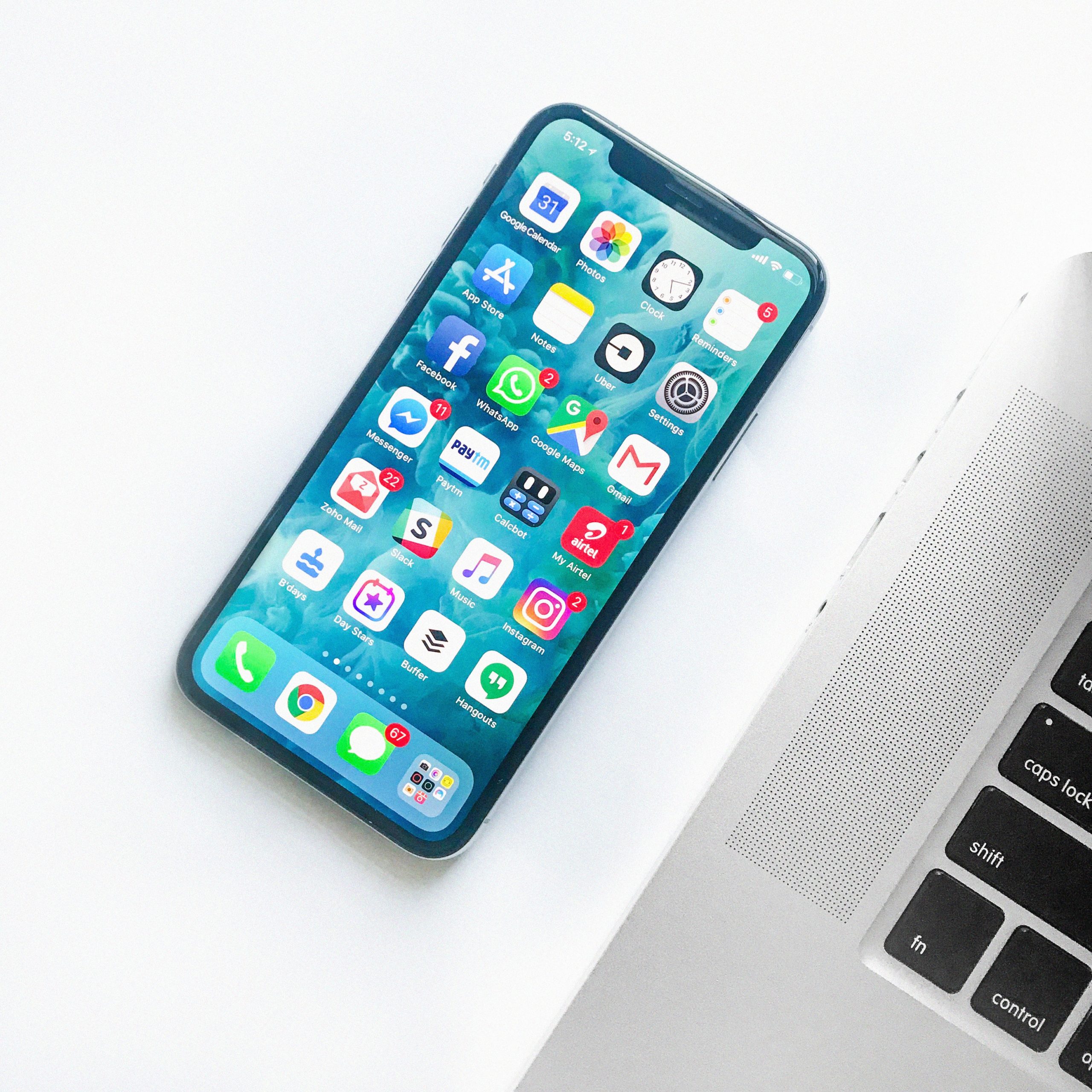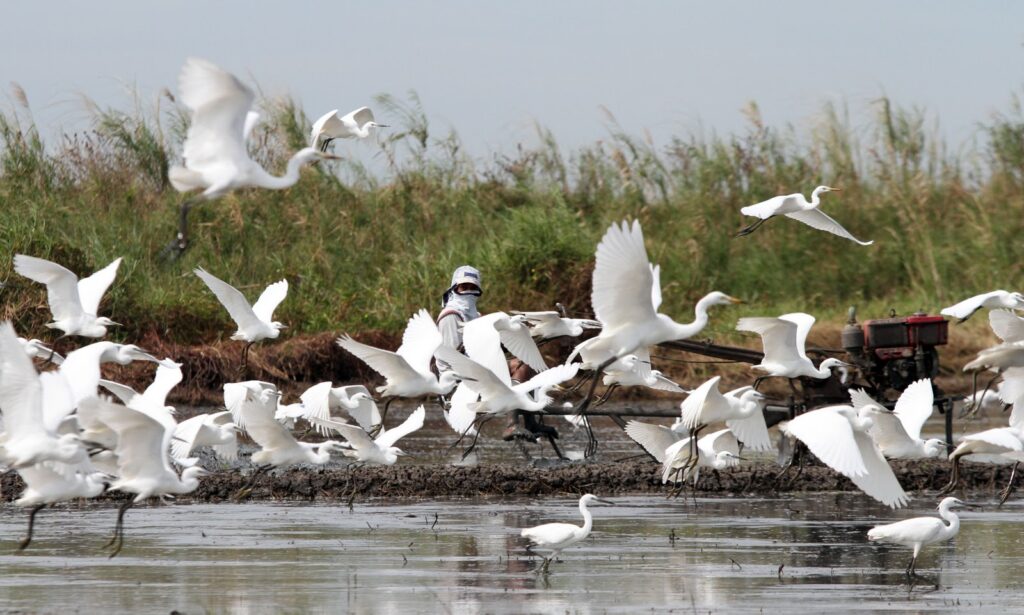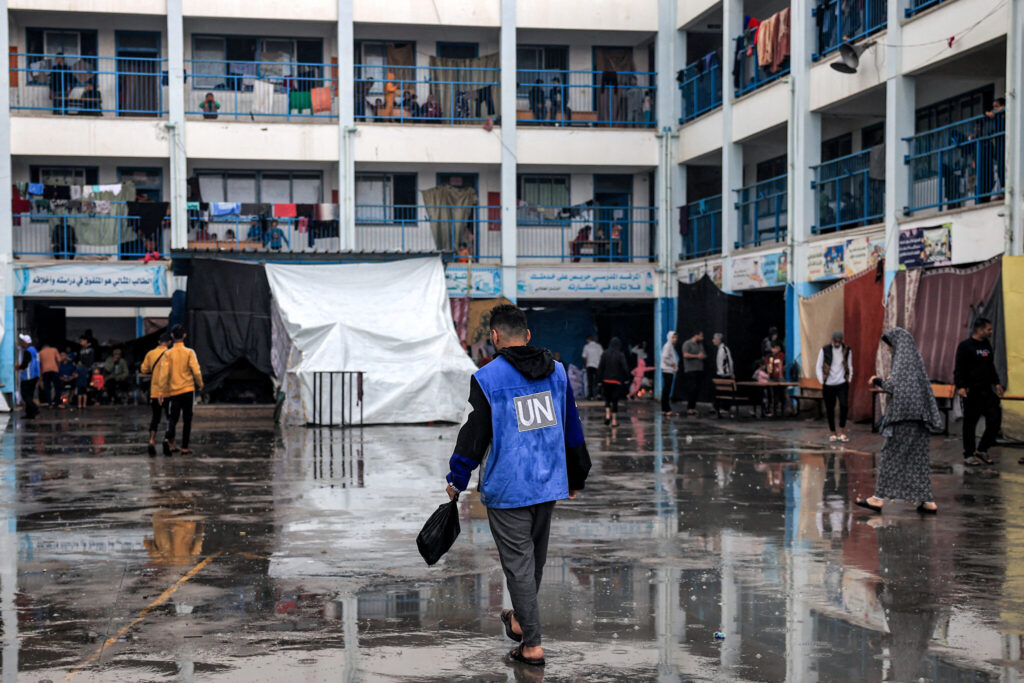By Micah Spangler
“The most damaging threat of my adult lifetime.” That’s how Amb. John Negroponte, confirmed as U.S. Ambassador to the UN just four days after 9/11, described the global fallout over the coronavirus pandemic. For a career diplomat who served as the first Director of National Intelligence, the warning is another clear indication that COVID-19 is an unprecedented global challenge requiring an unprecedented global response.
Amb. Negroponte’s remarks kicked off a discussion organized by the UN Foundation and the U.S. Chamber of Commerce aimed at examining the benefits and limitations of a key tool in that response: the array of new digital contact tracing tools that are being deployed to combat and contain COVID-19.
Digital contact tracing apps—tools that harness smartphone data to monitor physical proximity between people to prevent the spread of coronavirus—show immense promise, but with that promise come concerns about security and privacy.
While these apps have been successfully deployed in Singapore and Taiwan, there are worries that these tools could be used for less noble purposes, either by governments that have more narrow interpretations of their citizens’ right to privacy or through cases of simple technological negligence, where external actors are able to exploit unseen gaps in app infrastructure and access sensitive information.
While digital contact tracing isn’t an entirely new concept, the speed by which governments, states, and private companies are racing to assemble their own distinct tracing apps has ignited a debate over how to balance positive public health outcomes and sincere privacy qualms.
Greg Francis, the Managing Director of Access Partnership, a tech oriented public policy firm based in London, conducted research on how a number of countries have approached the use of digital contact tracing to stalk and defeat COVID-19. While Mr. Francis concluded that efforts to leverage contact tracing should be broadly welcomed, his research found that “regional variations notwithstanding, privacy is taking a back seat to health concerns…”
Trust, it seems, is at the heart of the issue—a sentiment shared by Bernardo Mariano Junior, the World Health Organization’s Chief Information Officer and one of the discussion’s panelists. In states where a strong sense of trust exists between citizens and national authorities, the willingness to download a tracing app—and thus the tool’s effectives at stemming the spread of the virus—increases.
In Ireland, for example, a recent survey found that 82% of adults are willing to download and use a tracing app on their smartphone in order to curb COVID-19. These 82%, however, were concerned, questioning what safeguards were in place to prevent hackers, tech firms, or even the government itself from accessing or using the information gathered for purposes beyond the pandemic response.
“We need a privacy framework that during a pandemic situation, countries can adopt laws for quick response,” Mr. Mariano said, “and when the pandemic ends, countries are back to where they were.”
With every nation scrambling to understand the smartest ways to confront COVID, WHO will be essential to the work being done to create tools that put an end to this pandemic, while respecting legal protections and data privacy. Already, WHO has launched a Digital Solutions Clearing House to help member states navigate the myriad of solutions that are offered by the private sector and provide updates on lessons learned across 57 countries that are rolling out their own tracing systems.
Even with strong public trust and the most rigorously secure systems, however, digital contact tracing is only one element of the overall COVID-19 responses. Mr. Mariano made it clear that these apps have to be part of “larger public health outcomes.”
To defeat the virus on every front—from South Dakota to South Africa—we’ll need every weapon at our disposal: tracing, testing, treatment and ultimately, a vaccine. WHO’s work coordinating this complex global response is beyond vital. Without it, this threat—the “most damaging threat of my adult life,” as Amb. Negroponte put it, will never truly be vanquished.




